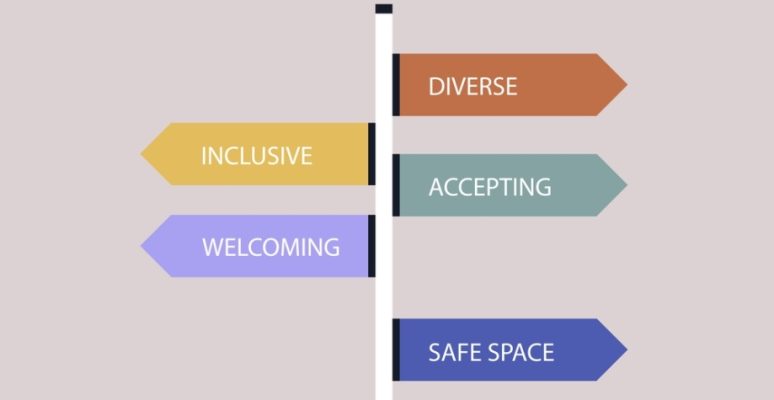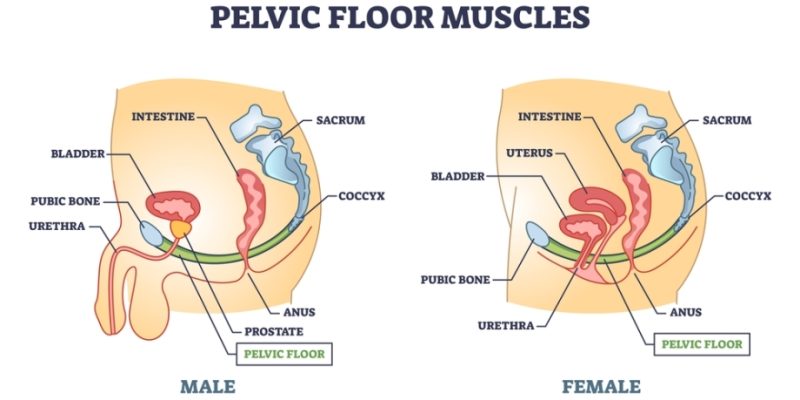
Transgender people and other gender diverse people have the same healthcare needs as anyone else, but sometimes additionally need specific healthcare such as Gender Affirming Hormone Therapy, Gender Affirming Surgery, Voice Therapy i.e. Speech Therapy, Somatic Therapy, Nonsurgical Gender Affirming changes, and Social Affirmative Care.

It’s important to acknowledge that transgender people often experience considerable health inequalities and a disproportionately high load of disease (notably in the domains of mental, sexual and reproductive health) compared to the general population because of discrimination, ignorance, less access, and systemic bias by healthcare providers. It’s one of the primary reasons why transgender people in a much lesser degree seek psychological, medical, or surgical help.
The specific healthcare for transgender and/or non-binary people is called Gender Affirming Healthcare (or Gender Affirmative Healthcare), which involves social, psychological/mental, behavioral and/or medical treatments that are designed to support and affirm i.e. confirm a person’s gender identity, no matter their age, including aligning the individual’s physical traits with their gender identity.
The main advantage of Gender Affirming Healthcare is that it can support transgender and non-binary people to live openly and authentically, and safe and healthy lives, while mitigating gender dysphoria (feeling uncomfortable, uneasy, depressed or traumatized because one’s gender identity doesn’t align with one’s biological sex and/or the sex one was registered with at birth), and significantly help lowering rates of depression, suicidal thoughts, and other self-harmful behavior.
To receive Gender Affirming Healthcare, LGBTQ individuals are usually first assessed to see if they are experiencing gender dysphoria, although it can also be supplied through an informed consent model which does not require a person to undergo formal assessment.


















